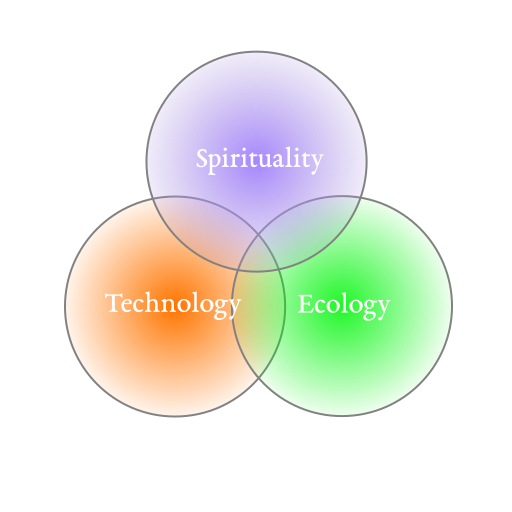Welcome to Ariadne Systems
We are in the process of forming a mutual-benefit nonprofit corporation that provides its members with options for a ecologically harmonious and economically profitable lifestyle.Read more...
Click on the tabs in the header (Catalog, Plan, Reference, Science, and Spirituality) for more articles and information.
